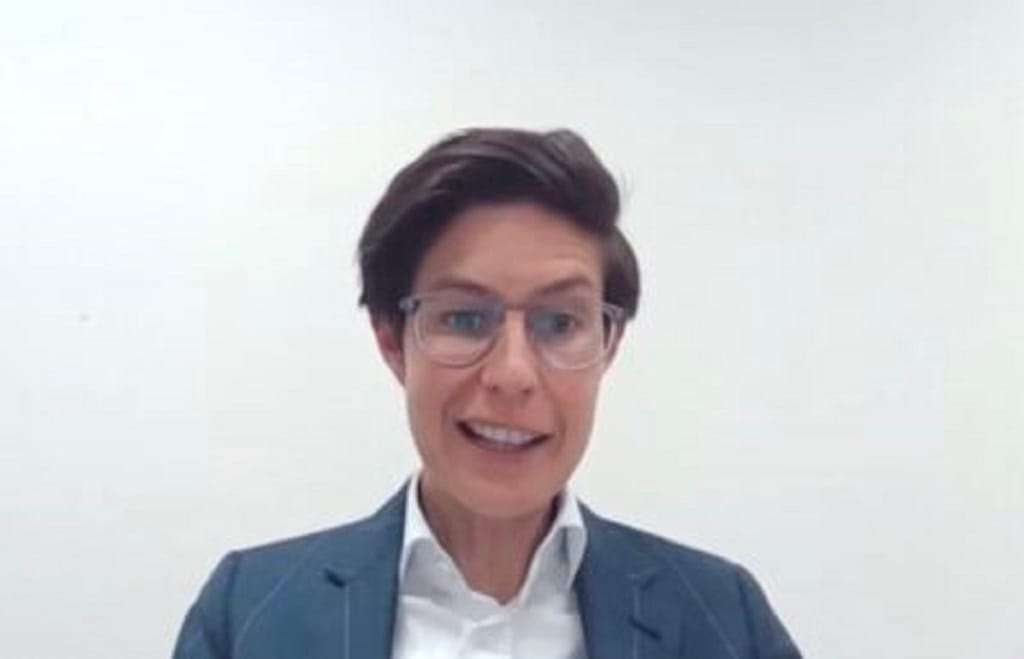Digital Divide Impacting Access to Justice, Conference Hears
Some lawyers say their clients are having a difficult time getting access to the legal system without connectivity.
Ashlan Gruwell

WASHINGTON, March 31, 2022 – A public defender from California said Tuesday that clients of lawyers are being disadvantaged by the lack of connectivity.
At the 2022 Bipartisan Tech Conference hosted by Next Century Cities, Olivia Sideman said her clients were at a disadvantage if they did not have an adequate connection or if they lacked digital literacy, meaning they did not know how to use technology to communicate, learn, find information, etc.
Sideman stated that the digital divide can mean that some clients cannot contact their lawyer, make mandatory virtual court appearances, or participate in court-issued online classes that will lessen their sentence. In other cases, while clients can complete courses, they often struggle to print out the certificate.
Tuesday’s panel event included discussion about a recently published report with a panel of various guests that played a part in the creation of the report. The report, titled “Cut Off From the Courthouse: How the Digital Divide Impacts Access to Justice and Civic Engagement,” concluded that remote hearings should be optional, that the digital divide exacerbates criminal justice inequalities the system is trying to eliminate, and that mobile internet service and devices are inadequate.
The report then offered its own recommendations, aided by experts like Sideman, such as partnering with community organizations, supporting local solutions, and investing in adoption as well as access.
In the report, Sideman said the digital divide is “another way in which our clients’ rights are overlooked by the court, another way in which this entire system tramples on our clients rights…These sorts of experiences undermine faith in the justice system and civic institutions.”










Member discussion